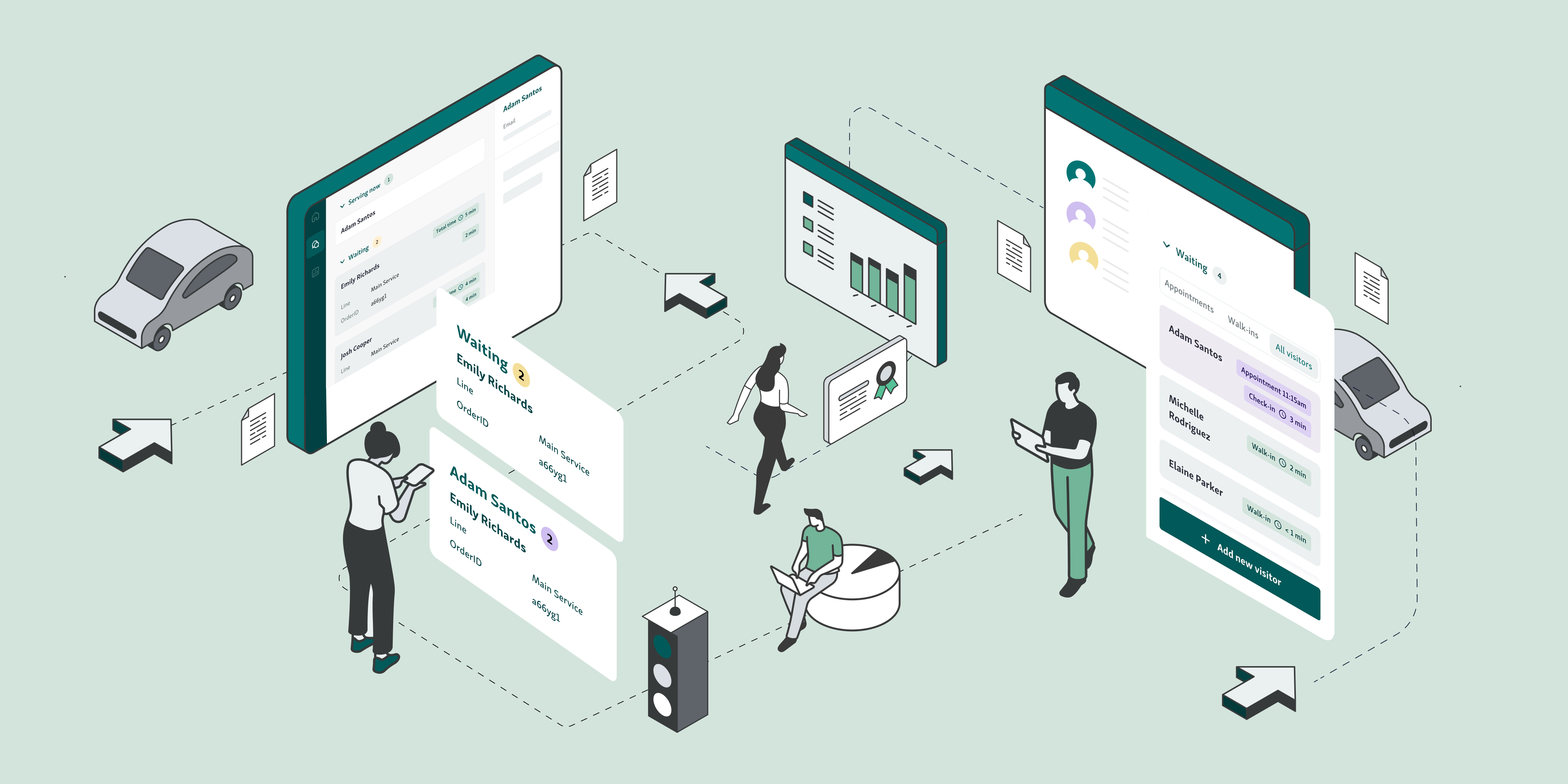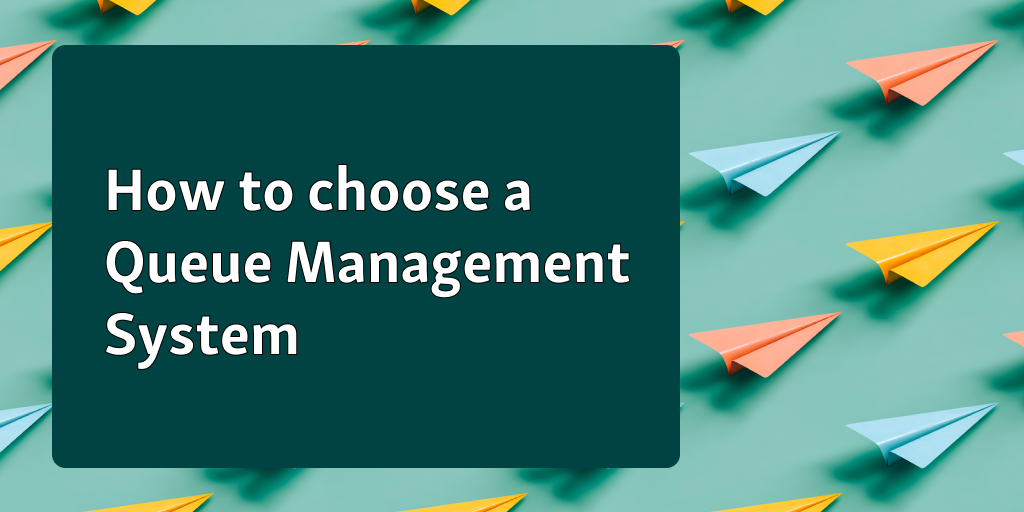How Queue Management Software Helps Government Offices
We associate public service with long wait times, but it doesn't have to be this way. A digital queue system can set things right for government offices.
Read more
Queue Management Systems: Cost vs. Benefits Analysis for Public Sector Agencies
Reduce wait times and improve efficiency with a queue management system. Explore the cost vs. benefits for public agencies & how the right system enhances service.
Read more
How Virtual Queuing Can Solve the DMV’s Long Wait Times
Reduce DMV wait times with virtual queuing. Discover how digital solutions improve efficiency, customer experience, and streamline operations for better service.
Read more
Walk-in vs. Appointment Scheduling: Choosing the Best Approach
Explore the pros and cons of walk-ins vs appointment scheduling & how the right approach with appointment queue management software can enhance business efficiency.
Read more
How to Choose a Queue Management System?
Learn how to choose the right online queue system for your business. Discover key features, benefits, and expert tips to streamline customer flow effectively.
Read more





